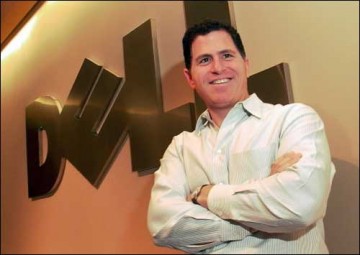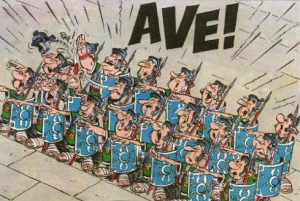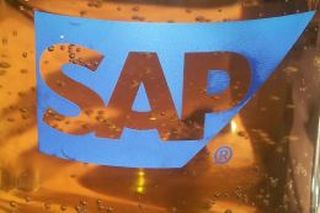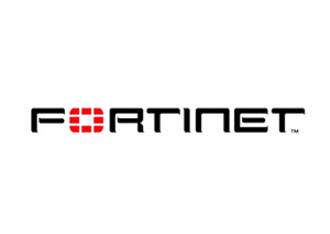 Dell has announced its regional execs to run its channel after completing the $60bn buy-out of EMC.
Dell has announced its regional execs to run its channel after completing the $60bn buy-out of EMC.
Most of the names are similar to those who ran Dell’s channel before. In the Asia Pacific region is Ng Tian Being, who was veep of South Asia and Korea; for Latin America is Alvaro Camarena, who was exec director of channel programmes; and for EMEA it’s Michael Collins at least after January.
Collins was only given the channel role and replaced Laurent Binetti, who had been in the job for 30 years. .
Until then, both Collins and Philippe Fosse (the current EMC EMEA channel head] will continue to jointly-lead the Dell EMC EMEA Channel business in their established roles.
Fosse was EMC’s EMEA East, before he moved into the position more than four years ago. Prior to that he was at HDS, Xiotech and further back in the annals of time he was at StorageTek.
He is yet to have a role in the glorious new Empire. He apparently has a job but it has not been “formally announced” yet.
The only EMC person to have a role announced is Greg Ambulos, who ran global channels for EMC and will control North America channels at Dell.










